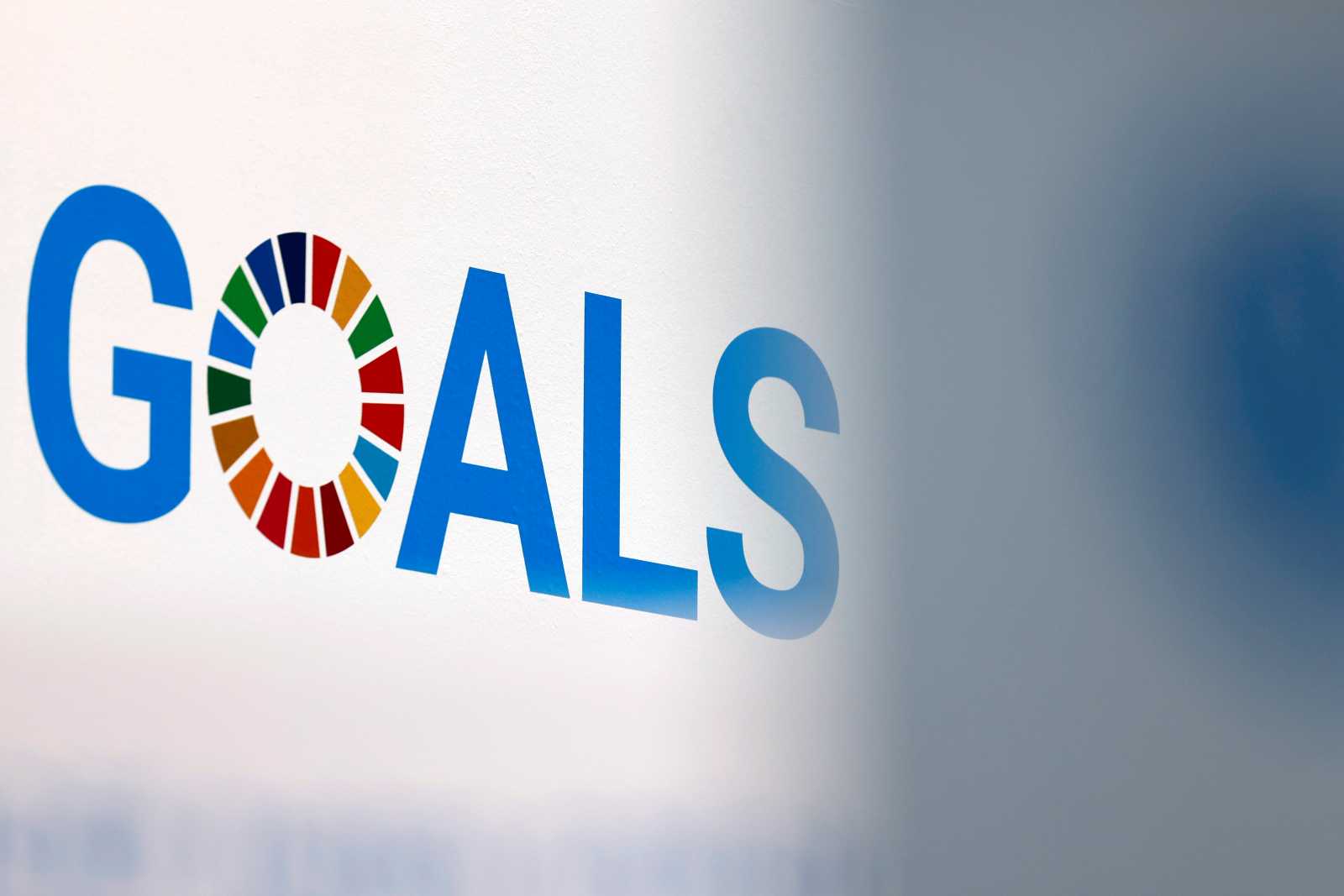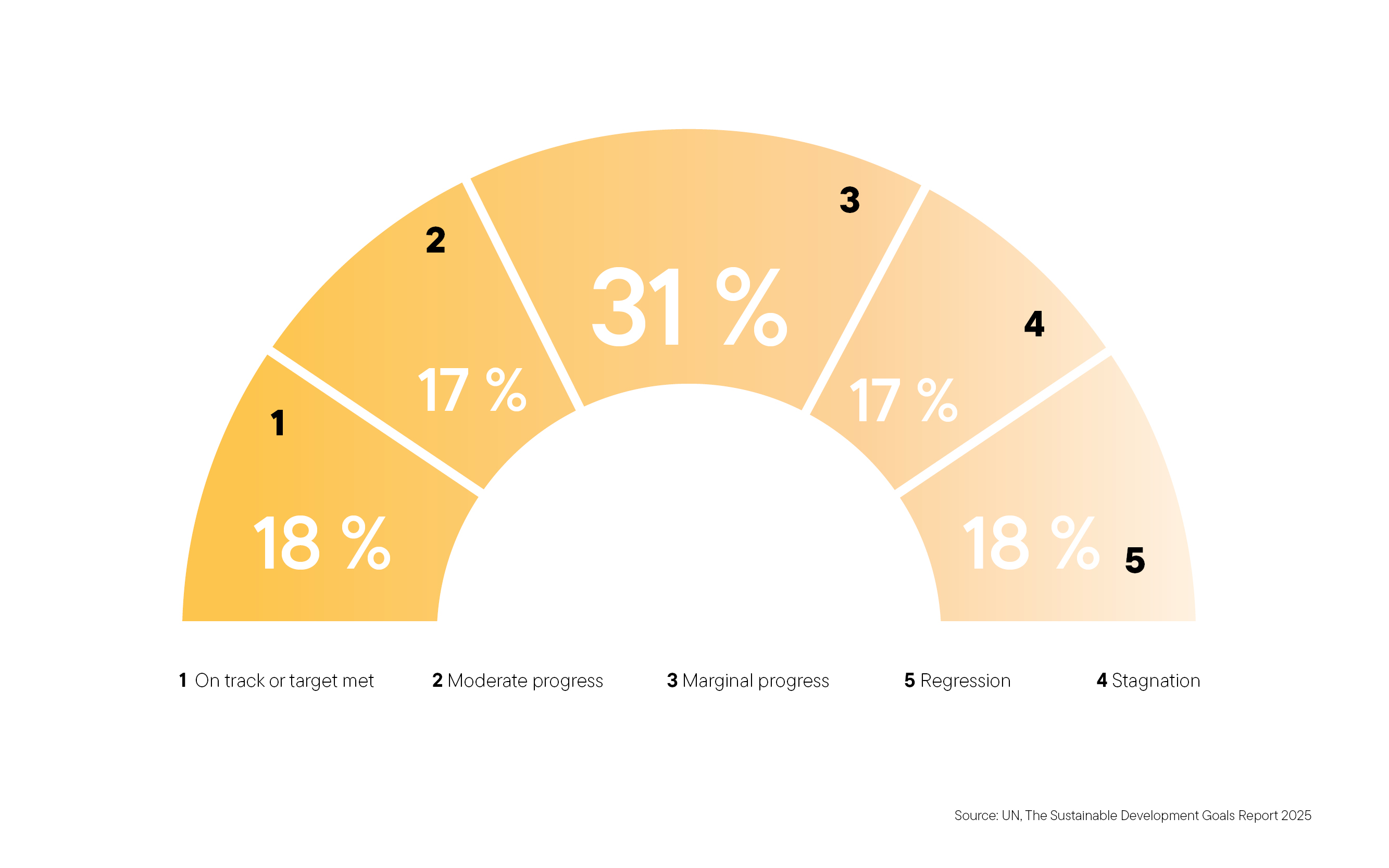MDGs: An emotive agenda
Franz Nuscheler and Michèle Roth (Eds.):
Die Millennium-Entwicklungsziele. Entwicklungspolitischer Königsweg oder ein Irrweg? [The Millennium Development Goals. The ideal route to development or the wrong track?]
Development and Peace Foundation, One World series, Volume 20, Dietz Verlag, Bonn 2006, 251 p., €12.70, ISBN 3-8012-0364-6
This volume summarises the current debate on the United Nations Millennium Development Goals (MDGs). Editors Franz Nuscheler and Michèle Roth have compiled eleven articles that analyse the goals, review their status of implementation, and discuss the implications for development cooperation.
The MDGs are aimed at promoting development and reducing poverty. However, they disregard the other major issues of the UN Millennium Declaration signed in September 2000: peace and security, environmental protection as well as human rights, democracy and good governance. Nor do they take into account Willy Brandt’s dictum that “no development is possible without peace, and no peace without development”. These omissions are a major shortcoming, particularly in view of the growing number of fragile states. Uwe Holtz therefore argues in favour of adding a ninth goal to the MDGs, that of “overcoming dictatorships”. He states that the number of undemocratically-ruled countries should be halved, and that additional development assistance cannot be utilised effectively in the absence of constitutional arrangements. Christian Aid, a British agency, suggests that reducing CO2 emissions be considered an MDG.
For Karin Küblböck, the MDG debate is a case of treating the symptoms rather causes, because the goals pay scant attention to the global economic order and therefore hardly consider domestic or international forms of inequality. In contrast, other authors query – with good reason – whether the increasing criticism of the MDGs really makes sense.
After all, the goals are no comprehensive agenda for development, but rather define “minimum conditions for a decent human life”. Never before has a list of verifiable development targets been so widely accepted. The MDGs have prompted changes in policy, they lend themselves to campaigns, and they provide a legitimate base for international cooperation. They may even help development agencies in their crisis of legitimacy.
To its credit, the volume spells out the contradictions inherent in the Millennium Development Goals. More money alone will not solve the problem of poverty, but neither will poverty be reduced without additional financial resources. The editors’ excellent summary deserves special mention. All summed up, the book allows readers a fast sense of orientation in dealing with an agenda that, according to Kofi Annan, has changed the world of international development cooperation.
Hinrich Mercker







